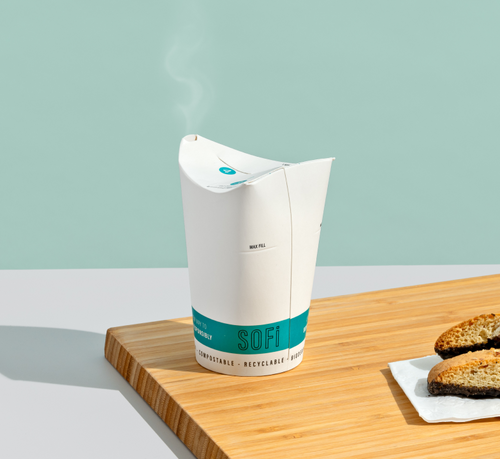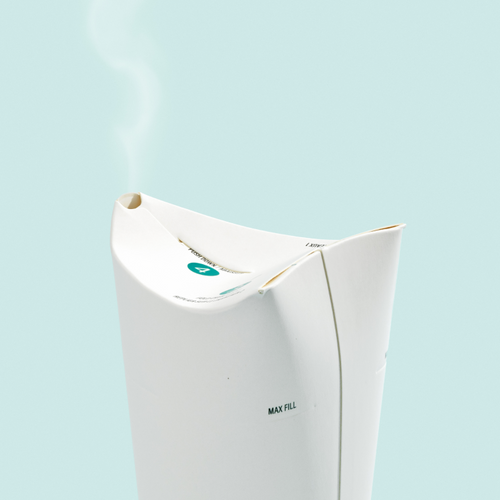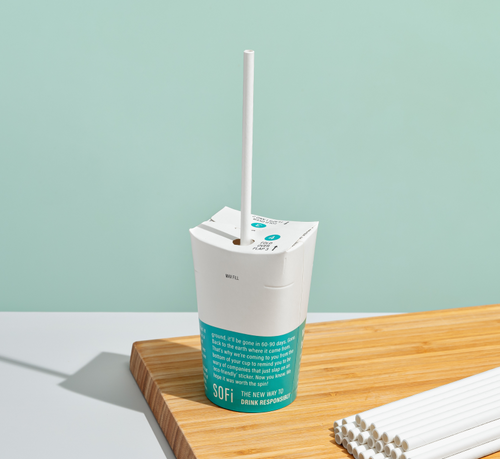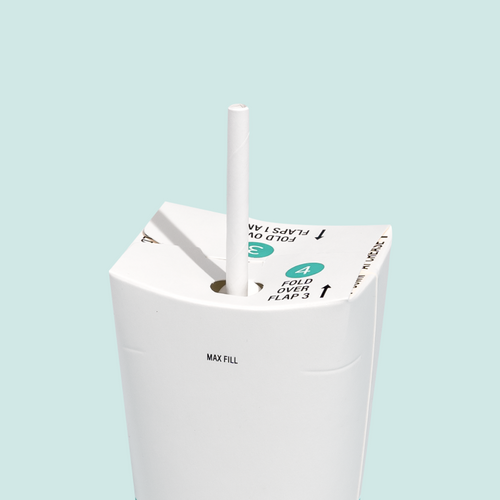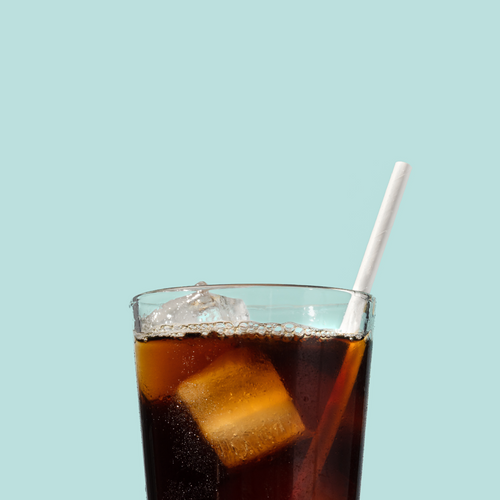< Go Back
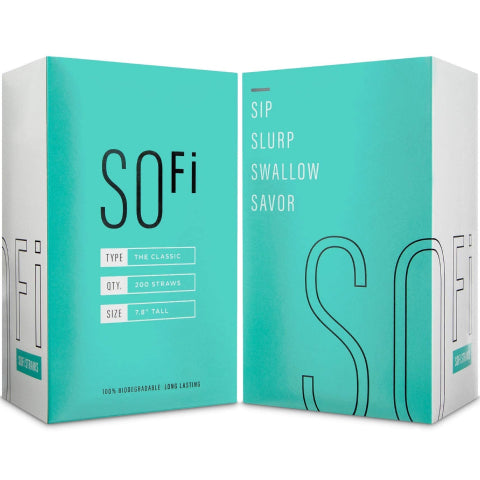
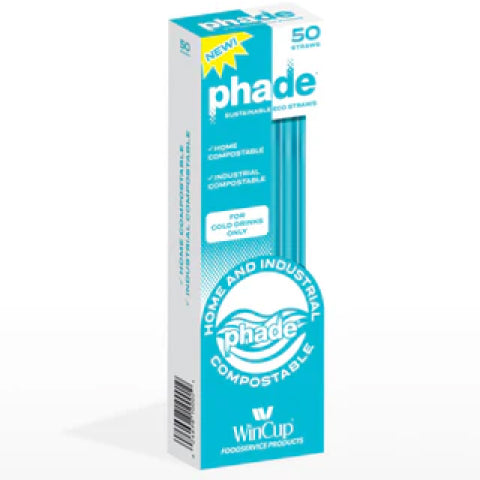

SOFi Straws vs. Phade 7.75” Jumbo Eco-Straws
Phade Straws are marketed as eco-friendly because they are made from polyhydroxyalkanoate (PHA), a biopolymer derived from canola oil. However, PHA straws still require specific conditions in industrial composting facilities to decompose fully and may not break down effectively in natural environments like oceans or home compost bins. They can also leave traces of microplastics if not properly composted.
In contrast, SOFi Straws are crafted from 100% compostable paper, designed to naturally decompose in any environment within 90 days, without leaving behind microplastics. Made for true sustainability, SOFi Straws are a hassle-free solution for businesses and consumers alike.


Phade
- Decomposes within 180 days in any environment
- No special facilities are required
- Soil Biodegradable
- Marine Biodegradable
- Recyclable
- PHA FREE
- Microplastic-Free
- Plastic-Free
- PFAS-Free
- Compostable Certified
- Decomposes within 180 days with special facilities
- Special facilities potentially required
- Not Soil Biodegradable
- Marine Biodegradable
- Not Recyclable
- Contains PHA
- May produce microplastics during degradation under certain conditions
- Plastic-Free
- Potentially PFAS-Free
- Compostable Certified
